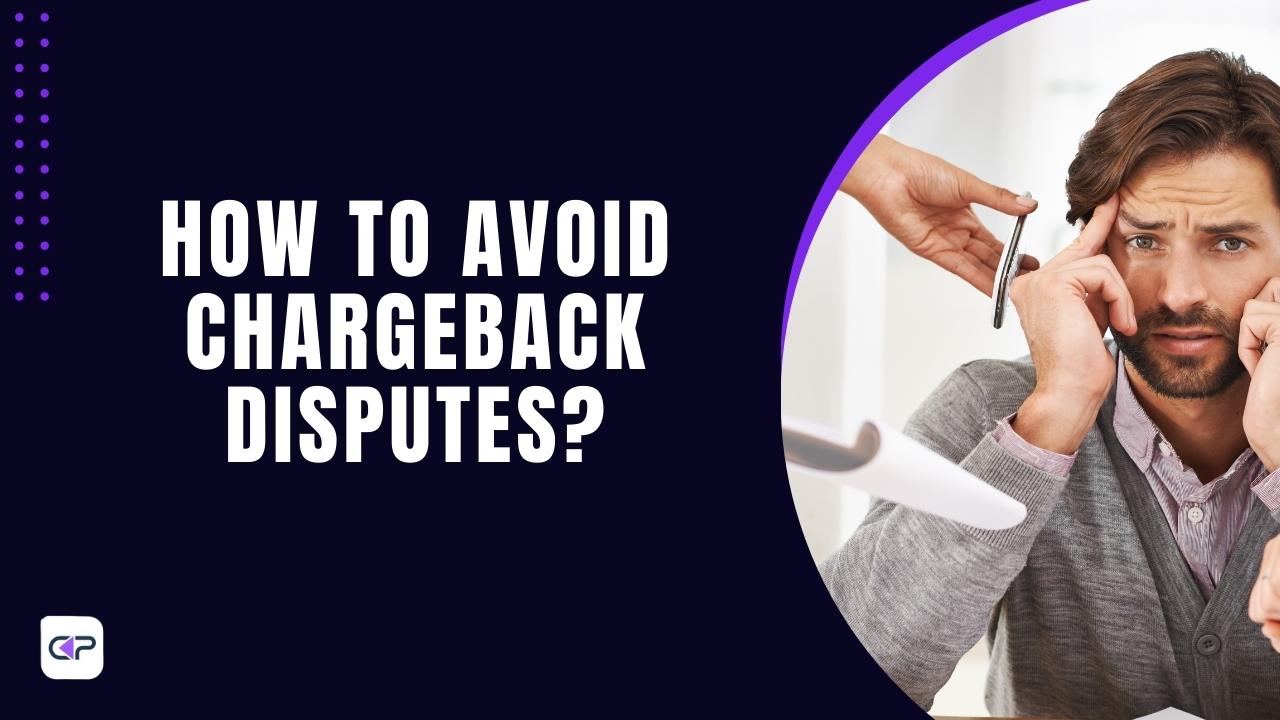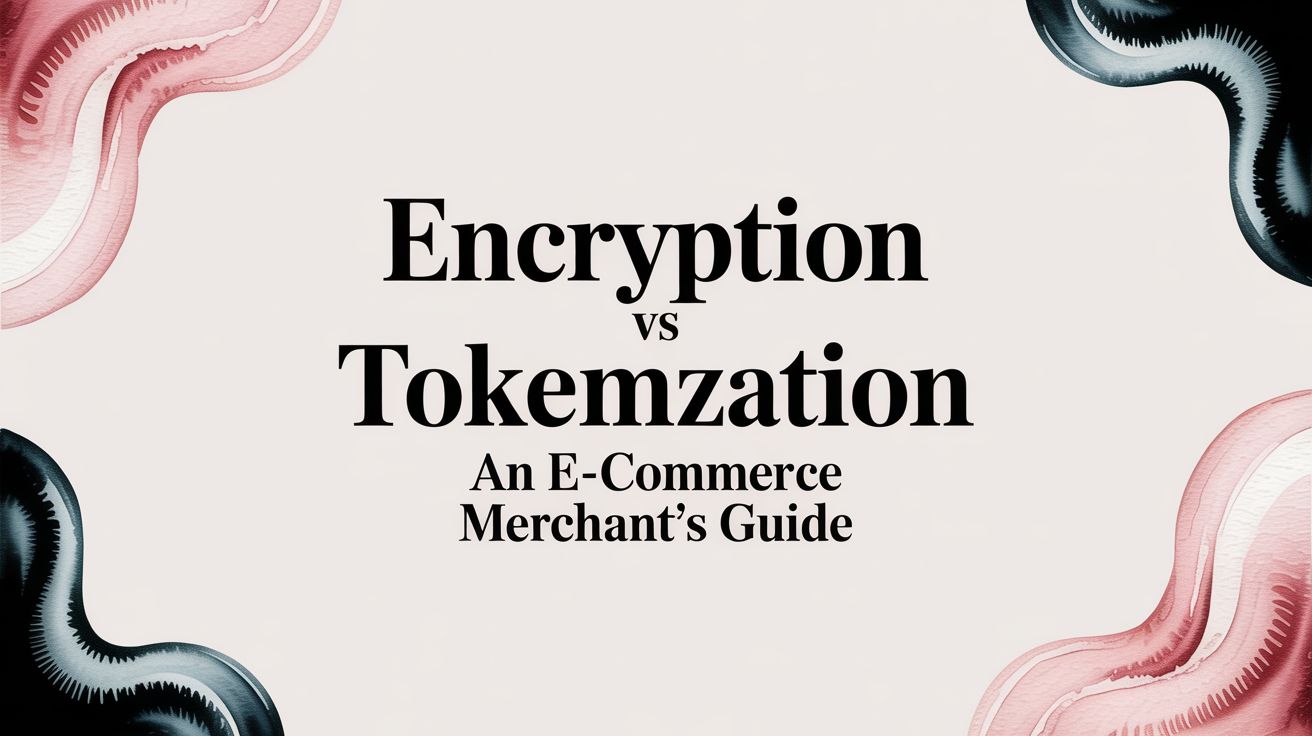
Are chargeback disputes impacting your revenue and straining customer relationships?
Chargebacks are challenging for businesses of all sizes, often leading to financial losses, disrupted cash flow, and additional administrative burdens.
However, with the right strategies, businesses can proactively avoid disputes and manage escalated chargebacks.
Our guide provides expert-backed methods to help you avoid chargeback disputes, and outlines effective practices for managing disputes if they occur.
What Does Chargeback Mean?
A chargeback is a transaction reversal initiated by a cardholder's issuing bank to return funds to the customer after the customer disputes a charge on their credit or debit card.
Originally designed to protect consumers from fraudulent or unauthorized transactions. It serves as a form of consumer protection that allows customers to recover funds for billing errors, service dissatisfaction, or suspected fraud.
The chargeback process involves the issuing bank assessing the dispute, debiting the merchant's account, and returning the funds to the customer if the claim is valid.
For businesses, chargebacks often result in financial losses, additional fees, and increased risk exposure, making effective chargeback management crucial to protect revenue and maintain good standing with payment processors.

Why Customer File Chargeback Disputes?
Customers may initiate chargeback disputes for various reasons, often categorized as legitimate or “friendly fraud” disputes.
Here are the primary causes:
- Fraudulent Transactions: If customers detect charges they believe were made without their authorization, they often file a chargeback to recover funds lost to suspected fraud.
- Product or Service Issues: When a product or service does not meet the customer’s expectations, or if there’s an error in order fulfillment, customers may file a dispute to seek reimbursement.
- Billing Errors: Charges processed incorrectly—such as duplicate charges, incorrect amounts, or unauthorized add-ons—lead to disputes as customers seek to correct these errors.
- Item Not Received: If a customer does not receive a purchased product or service within the expected timeframe, they might initiate a chargeback to recover the payment, especially if delivery or service fulfillment remains unresolved.
- Dissatisfaction or Misunderstanding: In cases of dissatisfaction or miscommunication regarding terms or features, customers may pursue chargebacks, particularly if they feel the seller is unresponsive.
- Friendly Fraud: Some disputes arise from “friendly fraud,” where customers, intentionally or not, dispute valid transactions due to forgetting the purchase, misunderstanding a billing descriptor, or attempting to bypass merchant policies.
Understanding these underlying reasons allows businesses to address common dispute triggers and minimize the risk of chargebacks through proactive customer service and clear transaction practices.
Avoid Chargeback Dispute with These Latest Strategies
Avoiding chargebacks requires proactive, well-informed strategies that address evolving fraud tactics, customer expectations, and transaction issues.
Here are effective, innovative ways to reduce the risk of chargeback disputes:
1. Leverage AI-Driven Fraud Detection
Using AI-based tools, merchants analyze transaction patterns in real-time to identify suspicious behavior before it leads to chargebacks.
Advanced machine learning models assess variables like purchase frequency, geolocation, and device history to flag high-risk transactions early.
Implementing AI tools can avoid fraudulent charges, reducing disputes related to unauthorized transactions.
2. Implement Risk-Based Authentication (RBA)
Risk-Based Authentication dynamically adjusts security measures based on transaction risk.
By assigning risk scores to each transaction, businesses prompt additional verification for high-risk purchases while keeping low-risk transactions seamless.
This approach significantly avoids chargebacks related to fraud while enhancing the user experience for genuine customers.
3. Provide Real-Time Order Tracking and Notifications
Keep customers informed at every stage of order fulfillment through real-time tracking and notifications via SMS or email.
Transparency about order status—especially if there are delays—reduces disputes related to “Item Not Received” claims.
Additionally, giving customers the ability to manage delivery preferences or report issues preemptively helps reduce disputes.
4. Optimize Billing Descriptor Transparency
Ambiguous billing descriptors are a major cause of “friendly fraud.”
Use clear, consistent, and recognizable descriptors that include the business name or URL to help customers identify purchases on their statements.
Test descriptor formats for clarity, and consider customer feedback on billing-related confusion to fine-tune the descriptor used in each transaction.
5. Pre-Emptive Refund Option
For certain risk-prone transactions, offering a pre-emptive refund when an issue is reported can deter customers from filing chargebacks. For instance, if shipping delays are anticipated, notifying customers with an option to cancel or receive a refund may prevent frustration and reduce potential disputes, particularly for high-value items or international deliveries.
6. Implement Post-Purchase Surveys with Satisfaction Tracking
Follow up on completed transactions with automated satisfaction surveys to capture any immediate customer concerns.
Identifying and addressing dissatisfaction quickly—whether due to service quality, delivery issues, or product discrepancies—helps intercept potential disputes.
For dissatisfied customers, an immediate follow-up from customer service with a resolution can mitigate a chargeback request.
7. Monitor and Adjust Return and Refund Policies Regularly
Rigid return policies trigger chargebacks when customers feel they have no other recourse.
Regularly audit and adjust return and refund policies based on customer behavior, market trends, and feedback to ensure they remain customer-friendly and clear.
This flexibility can help manage buyer expectations and avoid chargebacks, especially for eCommerce and high-ticket purchases.
8. Enhanced Customer Verification for High-Risk Transactions
For high-value transactions or transactions involving international shipping, implement enhanced verification measures like 2FA, customer phone verification, or identity verification tools.
These measures confirm the buyer’s legitimacy and significantly reduce disputes arising from fraudulent transactions.
9. Collaborate with Payment Processors for Early Dispute Alerts
Partner with payment processors that provide early dispute notifications.
This service alerts businesses to disputes as soon as they’re initiated, allowing merchants to resolve issues before they escalate to chargebacks.
By addressing the customer’s concern proactively, businesses often avoid disputes from proceeding, minimizing chargeback volume.
Using these updated, specialized strategies helps businesses avoid chargebacks and fosters stronger relationships with customers by proactively addressing transaction-related concerns.
10. Use ChargePay Dispute Prevention Technology
ChargePay provides businesses with proactive solutions to avoid disputes. It helps identify and stop high-risk transactions before they escalate into chargebacks.
This powerful technology streamlines the dispute management process, reduces chargeback rates, and protects revenue, making it a critical tool for businesses aiming to mitigate financial risks and maintain healthy payment processor relationships.
How to Manage Chargeback if a Dispute Escalate?
When a chargeback dispute escalates, efficient and timely management is essential to protect revenue.
Responding promptly to requests, gathering compelling evidence, and adhering to card network protocols are crucial for successful resolution.
ChargePay’s chargeback management technology streamlines this process by automating evidence collection, preparing dispute responses, and monitoring case progress, allowing businesses to focus on core operations.
ChargePay's AI system also offers insights into dispute trends, identifying underlying causes and reducing chargebacks.
This enables businesses to address current disputes and refine future prevention strategies, ensuring long-term stability.
Ready to see how ChargePay can optimize your chargeback management?







.svg)







.svg)
.svg)
.svg)